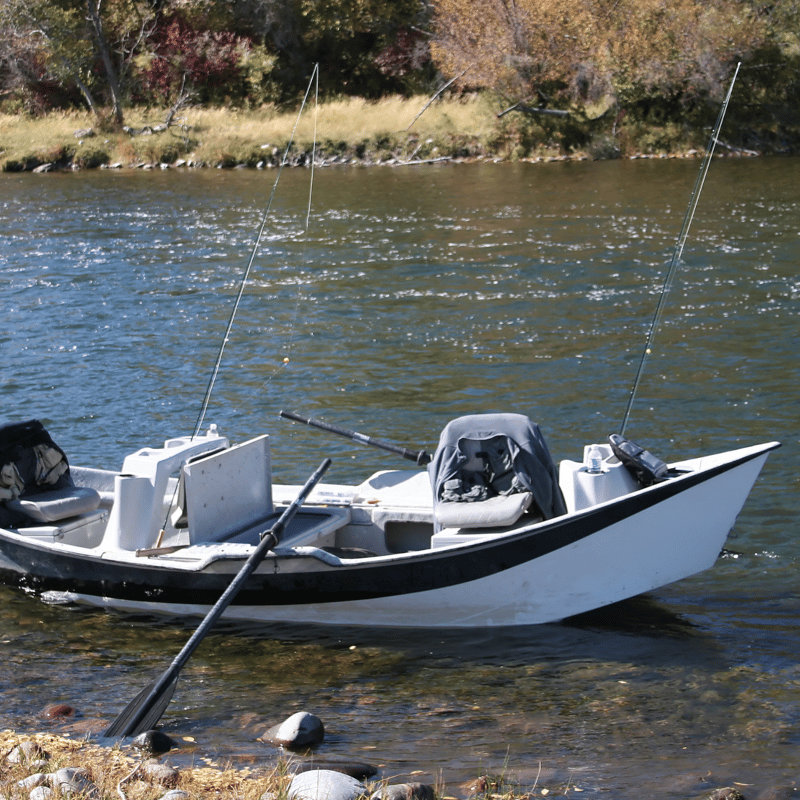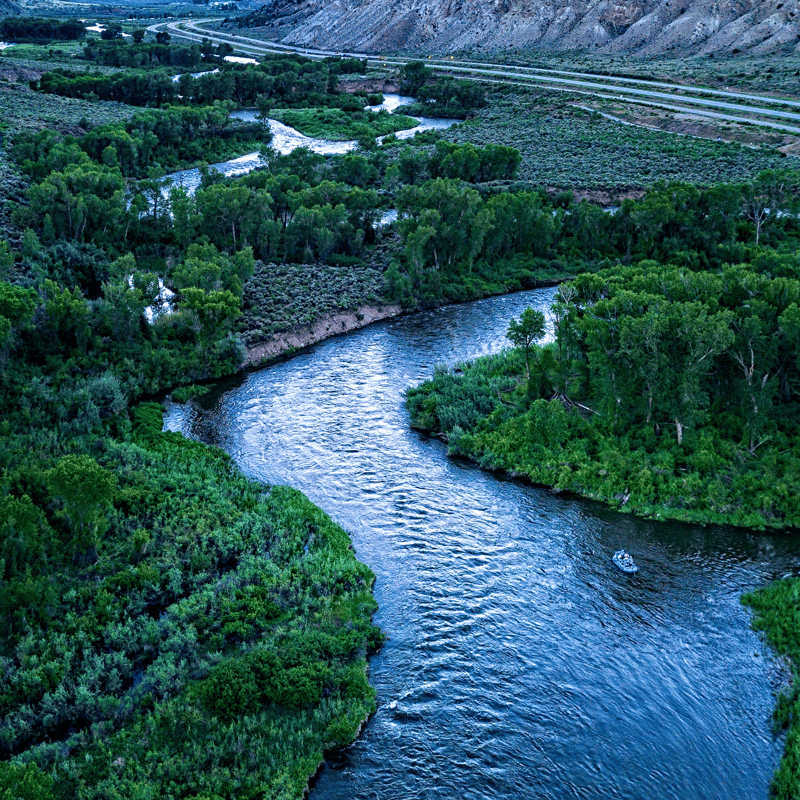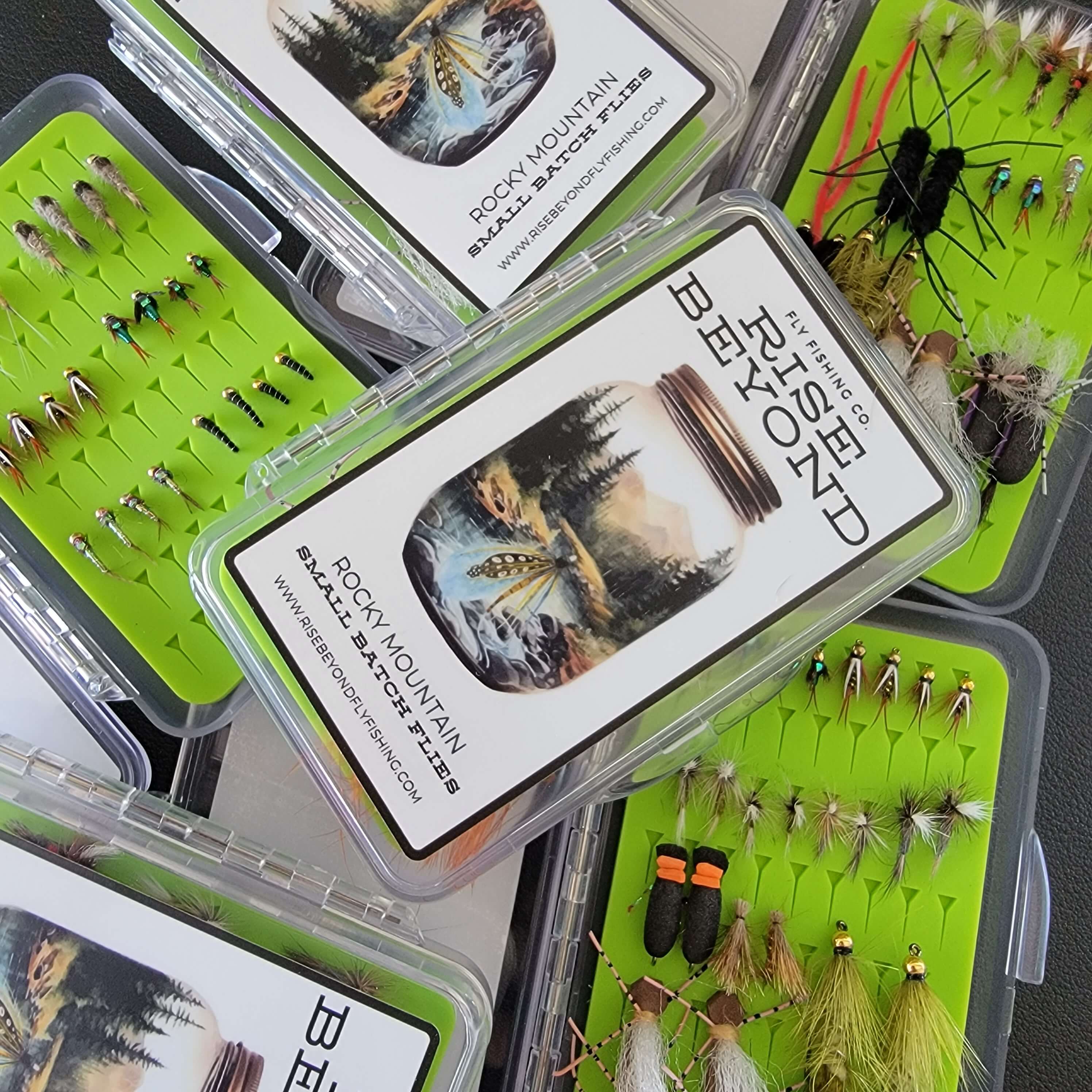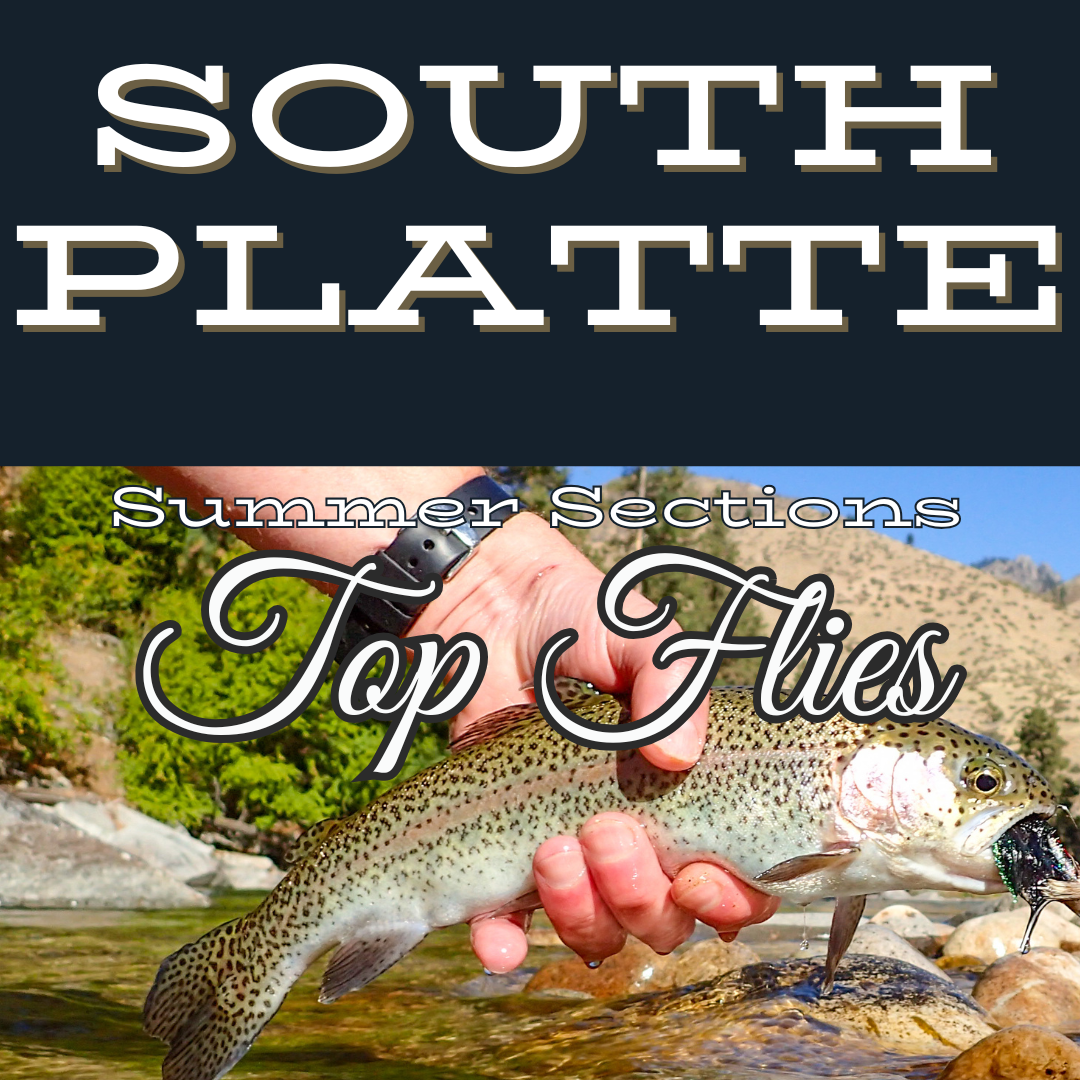What is the Right to Float in Colorado?
You just moved to Colorado with a fly rod in hand and visions of endless rivers. But then you hear something strange: you can float down a river, but if you step out of your boat and touch the bottom, you could be trespassing. Welcome to The Right to Float debate in Colorado—one of the most confusing and important issues for anglers, rafters, and anyone who loves moving water.
What is the Right to Float?
At its simplest, the “right to float” means that if a river is publicly owned water, the public should be able to not only travel on it but also use the river naturally—wading, anchoring, or portaging around obstacles.
In states like Montana or Idaho, this principle is the law of the land: once you’re on a navigable waterway, you can wade and fish up to the high-water mark.
In Colorado, it’s different. Here’s where Colorado fishing regulations make things tricky:
- Water is public, but the streambeds and banks are private.
- Floating through on a raft or kayak is allowed, but anchoring, wading, or stepping on the bottom through private property can count as trespass.
- That means your access is limited to public stretches or private stretches where landowners allow entry.
Why Does the Right to Float Matter for Anglers?

For fly fishers and boaters, this debate isn’t just about legal language—it’s about how much water you can actually enjoy.
- Fishing Pressure on Public Access
Because private stretches are off-limits, famous public waters like Deckers, Eleven Mile, or the Fryingpan see heavy crowds. The “right to float” could spread anglers out and lower pressure. - Lost Opportunities
Colorado has hundreds of miles of smaller rivers and canyons that cross private land. Without clearer access laws, much of it remains locked away. - Risk of Trespass
You may think you’re safe floating, but one slip onto the streambed could technically break the law. The current rules leave anglers in a constant gray area.
The Legal History of the Right to Float in Colorado
- 2010 – House Bill 10-1188: A proposal to grant commercial rafters a clearer right to float through private land if the river had historical use. It passed the House but failed in the Senate.
- 2023 – Roger Hill Case: Colorado’s Supreme Court ruled that private individuals can’t argue navigability for title—the state must do that. This left streambed ownership firmly in landowners’ hands.
- 2026 Outlook: The latest study by the Common Sense Institute suggests this issue may appear again in the legislature or as a ballot measure.

Colorado Fishing Regulations and the Future of Floating
For now, Colorado fishing regulations make it clear: stay off the bottom unless you are on public land. But with outdoor recreation driving billions in revenue, pressure is building to revisit The Right to Float.
If reforms pass, anglers could gain access to new stretches of water and ease the pressure on overfished public rivers. If not, Colorado will remain one of the most restrictive states in the West.
.png?width=300&height=100&name=Copy%20of%20Rise%20Beyond%20Logo%2012.31.24%20(300%20x%20100%20px).png)
.png)



.png)